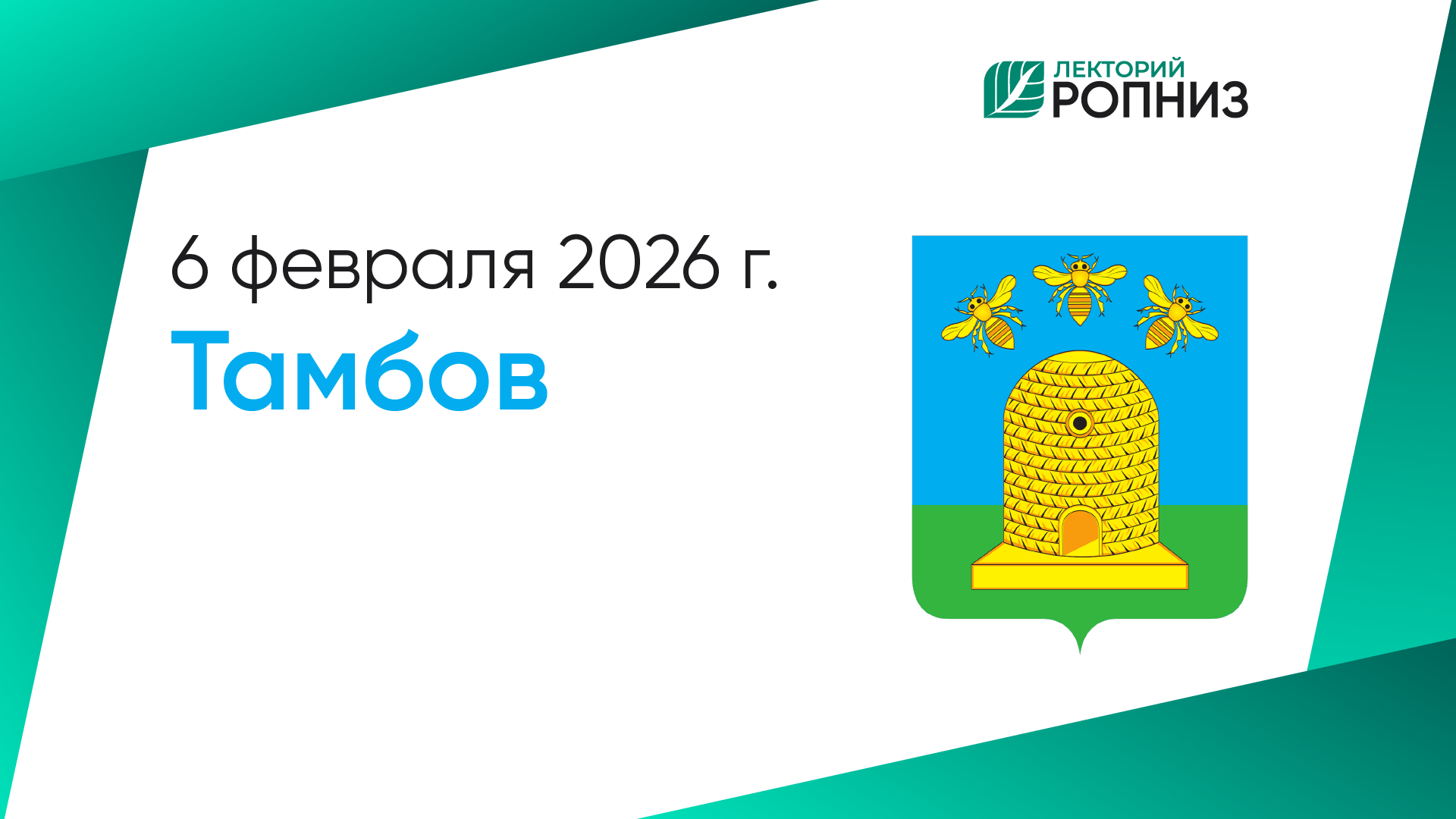How is the demand for important professional qualities of a future doctor changing in the context of digitalization?
https://doi.org/10.15829/1728-8800-2022-3133
Abstract
Aim. To analyze, revise and supplement important professional qualities of a future doctor in the context of digitalization.
Material and methods. The study involved 74 1st year students of General Medicine faculty of Krasnoyarsk State Medical University. A doctor’s selfassessment form was used, which includes a list of important professional qualities (IPQs) of a doctor in three blocks. The ranking method was used to measure the significance of doctor’s IPQs, taking into account the preferences of students. An assessment of the IPQs of future specialists was carried out using a heuristic evaluation method based on self-assessments, classmates’ and expert assessments. Mathematical data processing was carried out using Excell.
Results. The analysis showed that 82,14% of future specialists identified the first rank of IPQ block as contributing to development of professional culture of doctors. The second rank was assigned by 67,86% to IPQ block related to social responsiveness of doctors, while 75% of students assigned the third rank to IPQ block related to information competence. According to the average value of heuristic self-assessments, the IPQs of social responsiveness of a doctor are optimally formed (5,72), while the IPQs of working with information (4,27) and doctor professional culture (3,50) are underdeveloped.
Conclusion. Despite the digitalization of medicine, the social role of a doctor remains the same. The conducted research has revealed the following tendencies. Future specialists understand the demand for IPQs that contribute to the social responsiveness of doctors. Students recognize that they have the IPQs necessary to interact with patients at an optimal level. Underdeveloped IPQs were those related to working with data, digital etiquette, and practical experience of working in the digital space. In addition, it was revealed that the IPQs related to the development of doctor professional culture are insufficiently formed. The list of the doctor’s IPQs was revised and supplemented with new competencies related to digital interaction.
About the Authors
O. A. KornilovaРоссия
Krasnoyarsk.
E. A. Avdeeva
Россия
Krasnoyarsk.
References
1. Uvarov AYu, Frumin ID. Difficulties and prospects of digital transformation of education. Moscow: Publishing House of the Higher School of Economics, 2019. p. 343. (In Russ.) doi:10.17323/978-57598-1990-5.
2. Kolykhmatov VI. Professional development of a teacher in the conditions of digitalization of education. St. Petersburg: GAOU DPO “LOIRO”, 2020. p. 135. (In Russ.)
3. Ellaway RH, Coral J, Topps D, et al. Exploring digital professionalism. Med Teach. 2015;37(9):844-9. doi:10.3109/0142159X.2015.1044956.
4. Olkhovik NG, Lipatova EG. Development of communication skills of medical university students in the digital format of communication “doctor-patient”. Eurasian Scientific Association. 2018;114(45):284-6. (In Russ.)
5. Udalova TY, Mordyk AV, Ivanova OG, et al. The research on professionally important qualities at students of education psychologists and pediatric students. Online scientific journal “Personality in a changing world: health, adaptation, development”. 2020;8(3):388-48 (In Russ.) doi:10.23888/humJ20203338-348.
6. Dolgova VI, Shayakhmetova VK. Formation of professionally important qualities. Chelyabinsk: Publishing house of the South-Ural. state human.-ped. un-ta, 2017 P. 133. (In Russ.)
7. Gnatyshina EV. Pedagogical tools of forming the digital culture of future teacher. Herald of chelyabinsk state pedagogical University. 2018;(3):46-51. (In Russ.) doi:10.25588/CSPU.2018.03.05.
8. Alpert J, Frishman W. The Most Important Qualities for the Good Doctor. The American Journal of Medicine. 2021;(134):825-6. doi:10.1016/j.amjmed.2020.11.002.
9. Taylor RT, Vitale Th, Tapoler C, Whaley K. Desirable qualities of modern doctorate advisors in the USA: a view through the lenses of candidates, graduates, and academic advisors. Studies in Higher Education. 2018;43:5. doi:10.1080/03075079. 2018.1438104.
10. Kornilova OA, Belykh IN. Formation of professional reflection of a future specialist by the heuristic method of self-assessment. Modern Problems of Science and Education. 2021;(2). (In Russ.) doi:10.17513/spno.30651.
Supplementary files
Review
For citations:
Kornilova O.A., Avdeeva E.A. How is the demand for important professional qualities of a future doctor changing in the context of digitalization? Cardiovascular Therapy and Prevention. 2022;21(1S):3133. (In Russ.) https://doi.org/10.15829/1728-8800-2022-3133
JATS XML

























































